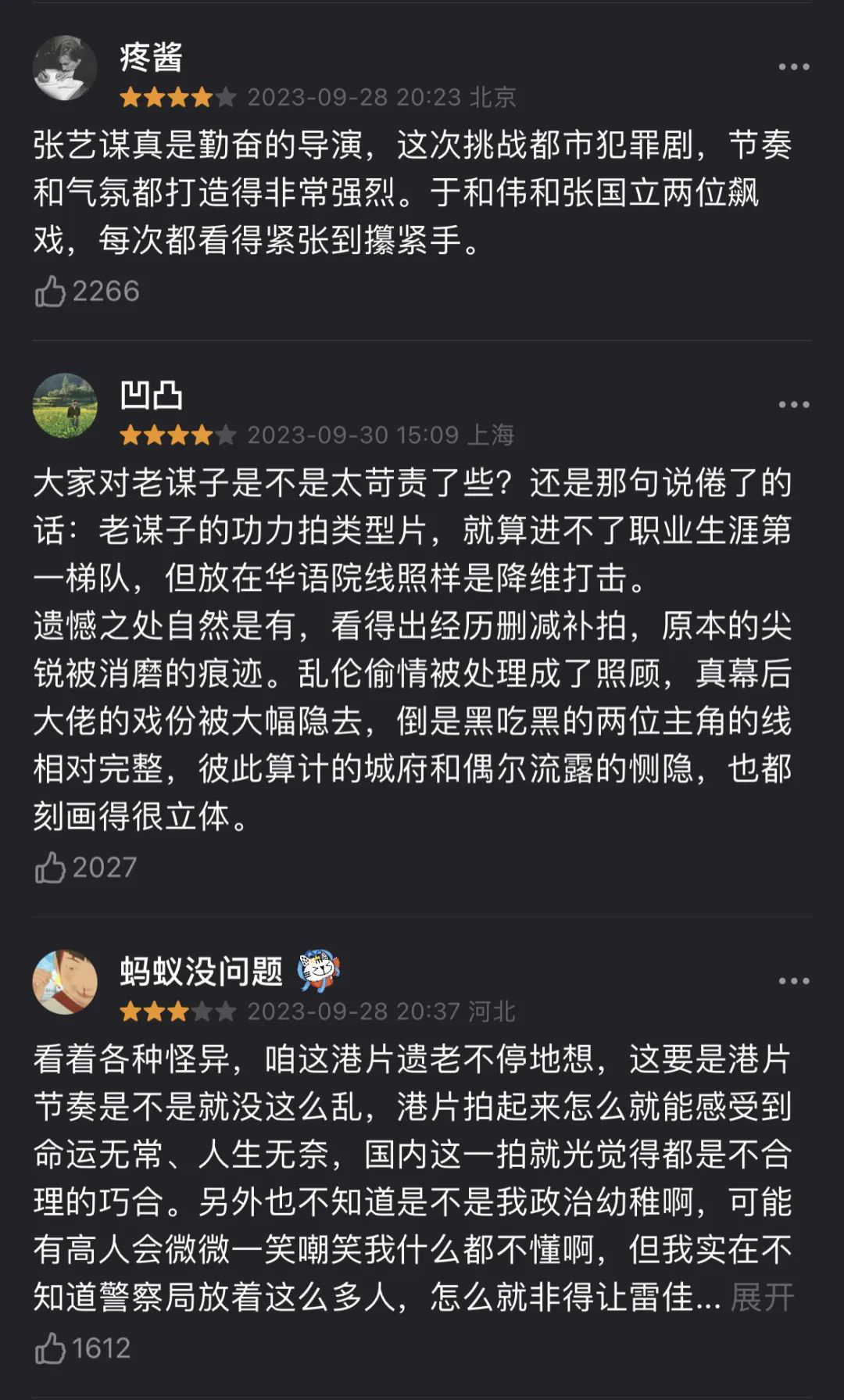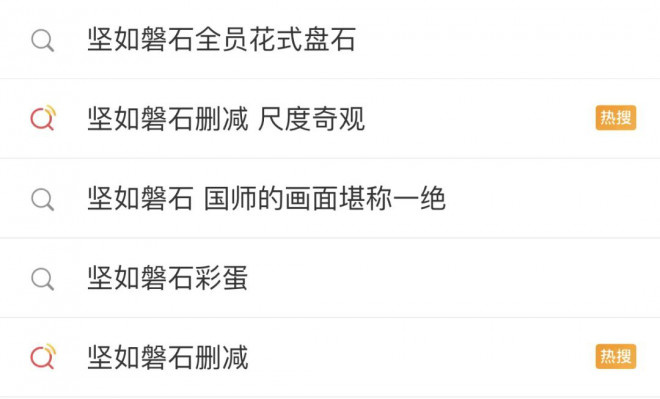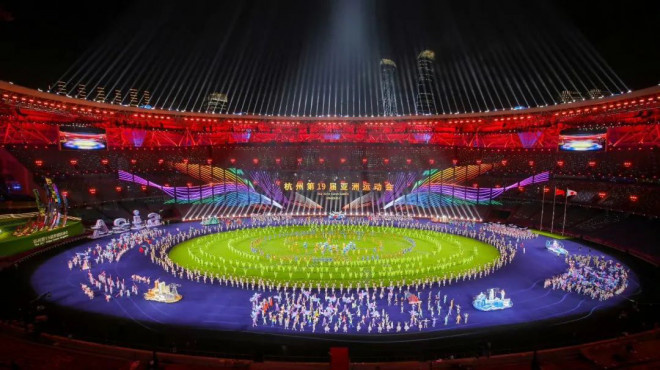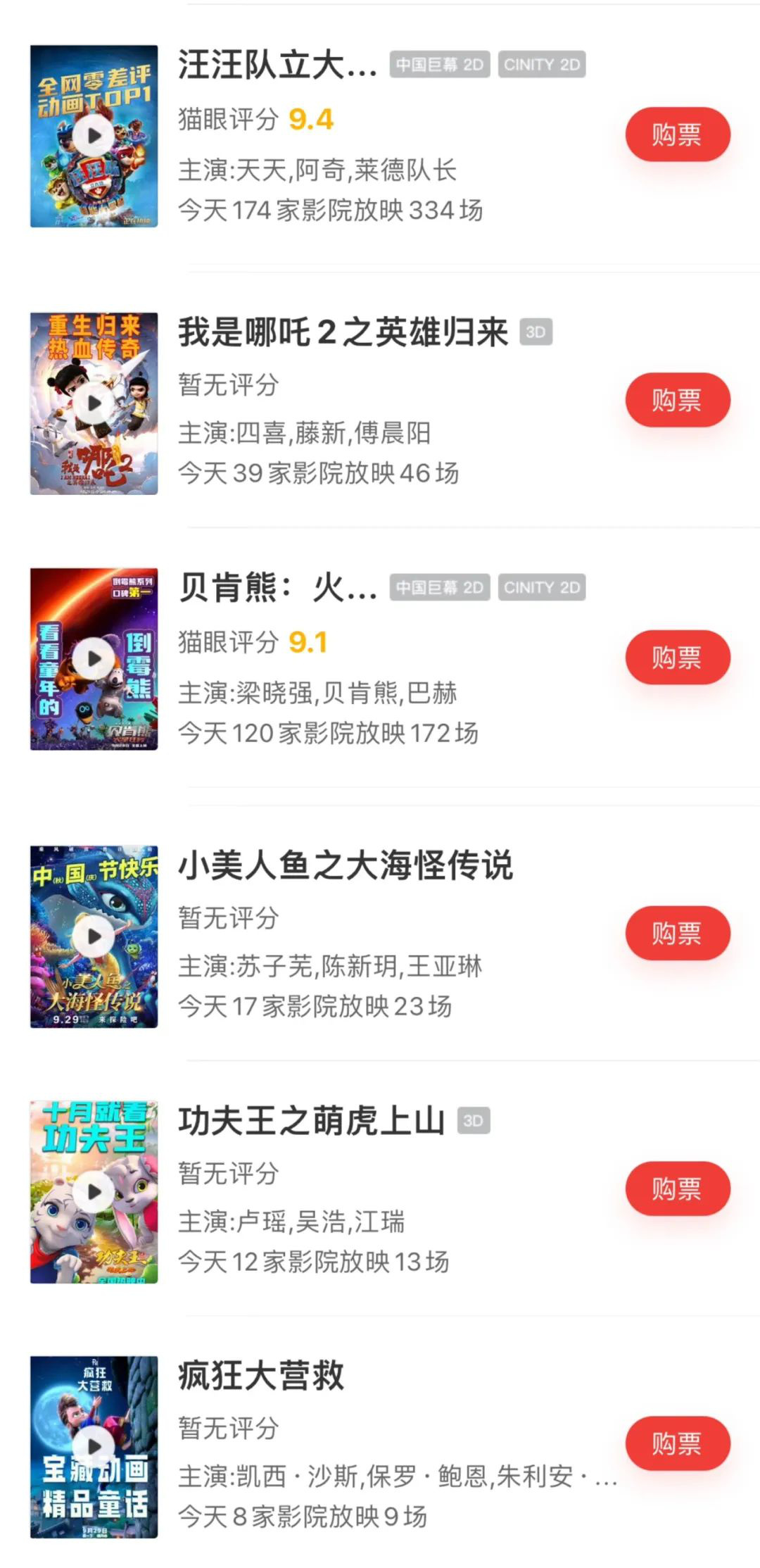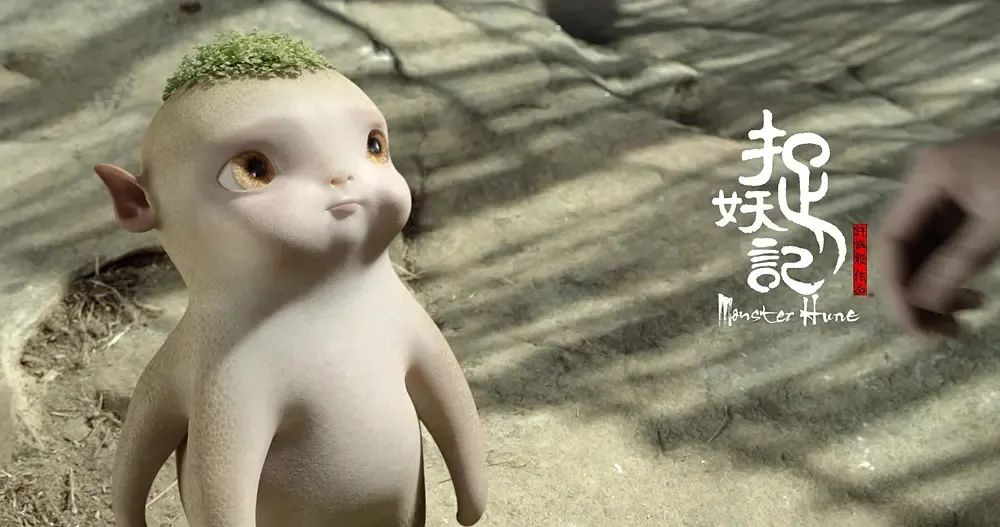Text | Newly Picked Business Review Bean Bag
Recently, the car-savvy emperor has made new moves.
According to media reports, ByteDance is raising $700 million to $800 million to prepare for listing. ByteDance has publicized this financing to minority shareholders, including sequoia capital china (formerly sequoia capital china), which will invest 400-500 million US dollars in this round of financing, and ByteDance’s shareholders KKR and Transatlantic Capital Group will also participate in this round of financing.
In fact, before the news of external financing came out, I knew that Chedi had already prepared for listing.
In January this year, "Beijing Know Car Emperor Technology Co., Ltd.", the operating entity of Know Car Emperor, made adjustments in its business structure, and today Headline withdrew from the company’s shareholding structure. Employees who know Chedi will also move to a newly established wholly-owned subsidiary, and the legal representative of the new company will be the strategic leader of Chedi. It is reliable that Chedi will have an independent office in the future.
This series of actions means that the car master has changed from a business sector in ByteDance to an independent individual. At that time, the market speculated that this was paving the way for listing. If Chedi can successfully go public, it will become the first business unit of ByteDance to be split and listed.
First, towards independence, what is the confidence of the car emperor?
In December last year, a test for the winter endurance of new energy vehicles triggered a collective condemnation from car companies: three fierce responses came from Huawei, Geely and Tesla. After knowing the test of Chedi, the pure battery life of the new M7 in Wenjie in winter is only 10.6km, and the average power consumption is 38.7kWh/100km, which is very bad.
At that time, both Huawei and Cyrus expected the new M7 to make a beautiful turnaround, knowing the result of Che Di made Yu Chengdong angry. Subsequently, the cooperation between HarmonyOS Zhixing’s models and the car-knowing emperor was suspended, and the Great Wall also joined the ranks of denouncing the car-knowing emperor. In the end, China Automobile Association drew a comma for the dispute by calling for the establishment of a scientific and standardized evaluation system for new energy vehicles.
After this incident, everyone realized that the influence of the original car emperor has been so great. At present, the new energy in the automobile market has occupied a dominant position, and Knowing Car Emperor has absolute right to speak about new energy under the blessing of Tik Tok traffic. Since then, Knowing Car Emperor’s every move has been the focus of the market.
From last year’s controversial winter test, we can see that Knowing Car Emperor has established a great influence in the automobile industry, thanks to the company’s long-term investment in original content and the support of ByteDance.
As a media platform, knowing the car needs content to attract users to stay on the platform before it can be realized.
In this respect, knowing the strategy of Che Di is similar to today’s headlines. On the one hand, it provides a lot of support measures for creators, and the support is not small. In April this year, Zhiche Di’s giant car business department upgraded the one-stop talent matching and content marketing platform "Zhiche Focus" and prepared to launch a billion-dollar creative fund and 6 billion traffic incentives this year. On the other hand, Knowing Car Emperor has made a series of original programs, and through the strong strength of the platform, he has made a series of heavy programs that cannot be done by the media, such as the comparative evaluation of multiple models, the long-term test of winter endurance and so on.
Easy Car and car home also have their own original programs, the content is similar to that of Know Car Emperor, but the influence and content are slightly inferior. In bilibili, there are 488,000 fans who understand Chedi’s original channel, and one fan of Easy Car and car home’s original column is less than 400,000, and the other is less than 300,000. In terms of content, the biggest concern for consumers to buy new energy vehicles is battery life, and car companies are all rolling in battery life. This is one of the strengths of knowing the car emperor in content. It is the only platform among the three that insists on making a cross-evaluation of winter battery life.
At the Guangdong-Hong Kong-Macao Greater Bay Area Auto Show and China New Energy Automobile Science and Technology Exhibition in June, Zhiche Di launched the Zhiche Di Automobile Consumption Festival jointly with the organizers, and made a fuss about the transaction with the help of the user coverage advantages of Zhiche Di, Tik Tok and today’s headlines. Easy Car and car home only made regular content updates.
After the car emperor was split from today’s headlines in 2017, it was regarded as a new star in the automotive information platform industry by the market. Judging from the development results, knowing the car emperor did not live up to the expectations of the market.
According to the data of iResearch, in the first half of 2023, the number of users who know the car emperor was 28.6 million, compared with December 2022, the App traffic increased by 14.6%. This speed is the fastest among car home, Easy Car and Car Master. According to Aurora data, in Q3, 2023, the scale of DAU, which knows the car emperor, can rank second among all the car information platforms, surpassing Easy Car and second only to car home.
On July 22nd last year, Know Car Emperor announced that it had been fully integrated with the car contents of Tik Tok, Today Headline and Watermelon Video, with Know Car Emperor as the overall operator to co-ordinate all resources. After the integration, the daily life of car users of the four platforms reached 310 million, with more than 6.34 million creators, and the average daily browsing volume of car content on the platform exceeded 5.6 billion times. In 2022, the commercial realization opportunities provided reached 6 billion.
Judging from these data, knowing the car emperor has come from behind in terms of traffic, which is a dark horse in the industry.
In terms of commercialization, we can make a horizontal comparison with Easy Car and car home, although we haven’t published the prospectus yet.
Before privatization, the revenue pillars of Easy Car have always been advertising and subscription business and transaction service business, and the sum of the two accounts for about 80% of the revenue. Car home’s main income sources are media service, clue service and online marketing.
If you want to buy a car, open the car selection page of Know Car Emperor and car home, and you will see a similar layout. When you choose a car and leave your phone number, a dealer will contact you. In this process, you are the sales lead, and the platform will charge the merchants according to the sales lead. Therefore, knowing the source of income of the car emperor should also be based on marketing services.
The difference between knowing the car emperor is that it adopts CPS mode, that is, it pays the clue fee according to the actual transaction volume. Car home and Easy Car both use CPT mode, that is, users pay the clue fee for the platform through the usage time. Compared with CPS, CPT puts forward higher requirements for the platform. The platform must not only have a lot of data, but also have accurate algorithms to provide efficient clues to customers.
When it comes to algorithms, we have to understand the bytes behind the car emperor, and the byte recommendation algorithm is unique in the world. Byte acquired Musical.ly and merged it with TikTok, and introduced the recommendation algorithm into the platform, which significantly improved the retention time of users on TikTok. There is a slightly exaggerated view in the workshop that TikTok without recommendation algorithm is an empty shell.
The technical advantage also gives the car-savvy emperor a time advantage.
We assume that competitors who know Chedi have developed recommendation algorithms with similar capabilities, but they can’t do this overnight. If Byte has made a listing plan for Chedi and the news of financing is true, then the recommendation algorithm is Byte’s "dowry" for Chedi.
Second, get rid of Easy Car and car home and multiply around the car.
In view of the performance of Easy Car and car home in recent years, it is difficult to get out of the fence even if you know that Car Emperor has the blessing of bytes and content. Only by taking the right medicine and understanding the reasons for the poor performance of Easy Car and car home can the car-savvy emperor take fewer detours. Knowing that the car emperor replaced CPT with CPS has explained where the problem lies-the current car marketing emphasizes transformation more.
From the perspective of Internet advertising industry, the driving factor of industry stage 1.0 is traffic, and at this time, businesses are pursuing exposure. Some websites in niche segments can receive advertisements from e-commerce platforms every year by virtue of clicks, and the days can be enjoyed.
Now the driving factor has become technology, and Internet advertising has become a technology-driven business. Simply put, Internet advertising is like a matchmaker. In the era when traffic is king, advertisers’ demand is exposure, and now it has changed from exposure to transformation.
In addition, both Easy Car and car home rely too much on marketing business, including the new car and used car market. When the car market is cold, it will also be affected. Around 2019, the auto market experienced a cold winter, and car home’s income dropped sharply. In 2018, car home’s income will increase by 35.4% year-on-year, and by 2020, the growth rate will only be 2.8%.
In order to get rid of this problem, all three platforms have developed a series of businesses around automobiles. Among them, Easy Car and car home focused on finance, and Easy Car hatched Yi Xin.
The key point of understanding the car emperor is to make the transaction deep and heavy.
In 2018, Knowing Car Emperor launched the SaaS service "Selling Car Connect" to provide intelligent passenger collection system and transaction services for car dealers. Knowing the car emperor also laid out the used car business and the after-sales car maintenance service "knowing how to raise a car".
Among these businesses, the most promising one is the after-sales car maintenance business. The number of cars in China is as high as 330 million (by the end of September 2023), and the number of cars in 90 cities in China exceeds 1 million. According to the report released by China Commercial Industry Research Institute, the automobile aftermarket will reach 6.9 trillion yuan in 2023.
At present, the concentration of this market is low, and there is still a chance to understand the car emperor. In 2022, according to the statistics of automobile service income, the market share of Togo car maintenance ranked first, but it was only 0.9%, and the sum of the top five markets was less than 2%, and the market was mainly occupied by self-employed households and dealers.
Knowing Car Emperor is the first of the three major automobile information platforms to launch after-sales car maintenance service. Although it has seized the time advantage, the after-sales car maintenance business is different from online business, and it belongs to the asset-oriented operation mode with large investment and long cycle. At least at present, there is a gap between the scale of car maintenance and the head enterprises. In Chongqing, the base camp, there is only one store that knows how to keep a car, which is obviously different from that of JD.COM and Togo.
No matter from the traditional flow logic or the industrial value, knowing the car has unique advantages and full potential. If you know how to maintain a car, you will build a unique ecosystem in the automobile industry, from decision-making before buying a car to maintenance and selling used cars. By then, the value of knowing the car emperor will no longer be the car information platform, but the industrial internet platform in the automobile field.
However, for car owners who are used to doing online business, it is not easy to be an industrial internet platform. It needs to overcome its own inertia and respect the objective laws of the industry before it can do this.
In a word, Chedi has been able to change from a business sector in ByteDance to an independent individual. This financing may also pave the way for listing. Backed by the traffic of Tik Tok, coupled with the way of car clue drainage under the new algorithm, and with the resource blessing of ByteDance Group, with the east wind of new energy, I know that Chedi has left Easy Car and car home and repositioned itself in ByteDance. As for how far it can go in the future, the content and commercialization need to be better promoted under the blessing of technology.



















